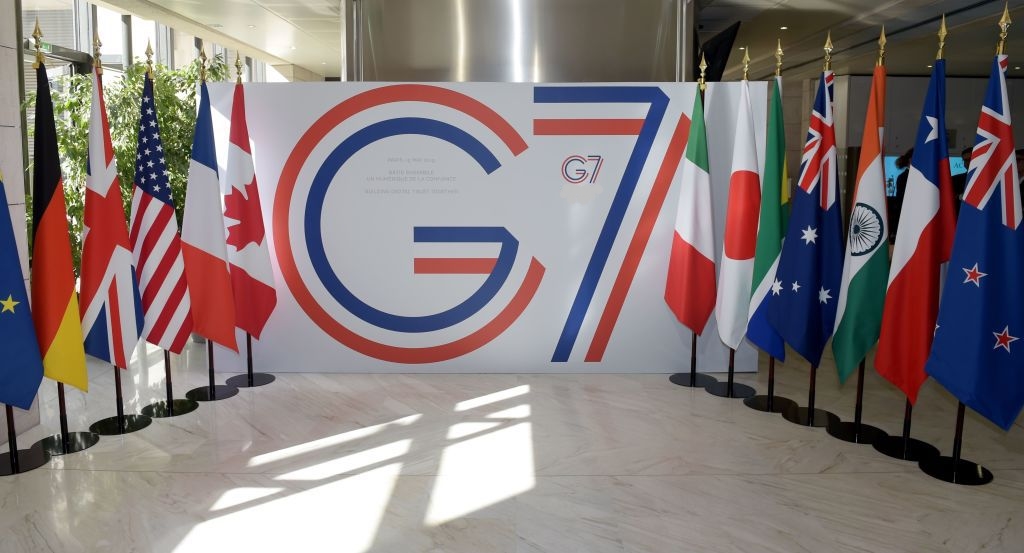
Miles Yu suggests that we are wasting our breath, or rather Antony Blinken’s breath, by talking to the Chinese communists as though we are going to make progress toward a better relationship. He writes in The Hill (“Blinken’s trouble in Beijing is part of China’s longstanding strategy,” May 4, 2024):
“This asymmetry in conflict resolution is the lynchpin of U.S.-China relations, perpetuating a cycle of engagement devoid of meaningful progress…. It’s time to strip away the veneer of diplomatic niceties and confront the ideological underpinnings of our conflict. Failure to do so only emboldens China’s aggressive agenda and undermines the very principles we hold dear.”
There’s no progress because progress is not part of China’s diplomatic agenda.
When one imagines a reasonable diplomatic engagement, one imagines that both sides get to present their priorities for changes in the nature of the relationship: whether better cooperation on some mutually-concerning issue, reducing the friction caused by a disagreement about what rule to follow, where a line of responsibility or possession should be drawn, etc. The necessary elements or preconditions of each side are stated, followed by a negotiation about tradeoffs, what each side is willing to give up in order to preserve the status quo or change to a new configuration.
Going into any given discussion, there would be a preliminary assessment of what constitutes a success or a failure in terms that are falsifiable. Those successes or failures over time could then be evaluated in terms of a trend. At some point, you know whether progress is being made.
In Chaos Under Heaven, his book on the Xi-Trump relationship, Josh Rogin describes meetings with the Chinese in which the Chinese representatives dictated terms to their American counterparts—essentially berating them, trying to bully them into submission. This wolf-warrior attitude took actual-warrior form when Chinese diplomats physically attacked protesters outside their consulate in the UK. The belligerence of the Chinese government in pursuing its territorial assertions in the South China Sea—ramming boats—demonstrates that China is not interested in “negotiating” but only in demanding that it get its way.
When we see that China desires only to be a bully, we have to look at why they seem so interested in “talking.” At best, talking can get them their way; at worst, it can fool gullible Westerners into believing that somehow progress is being made.





